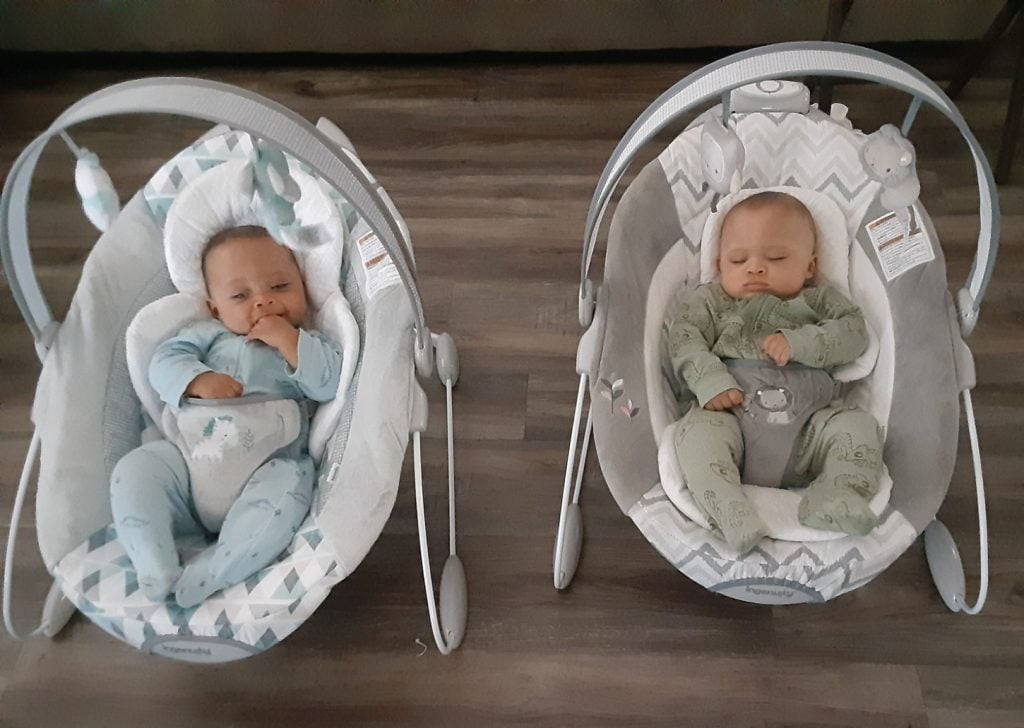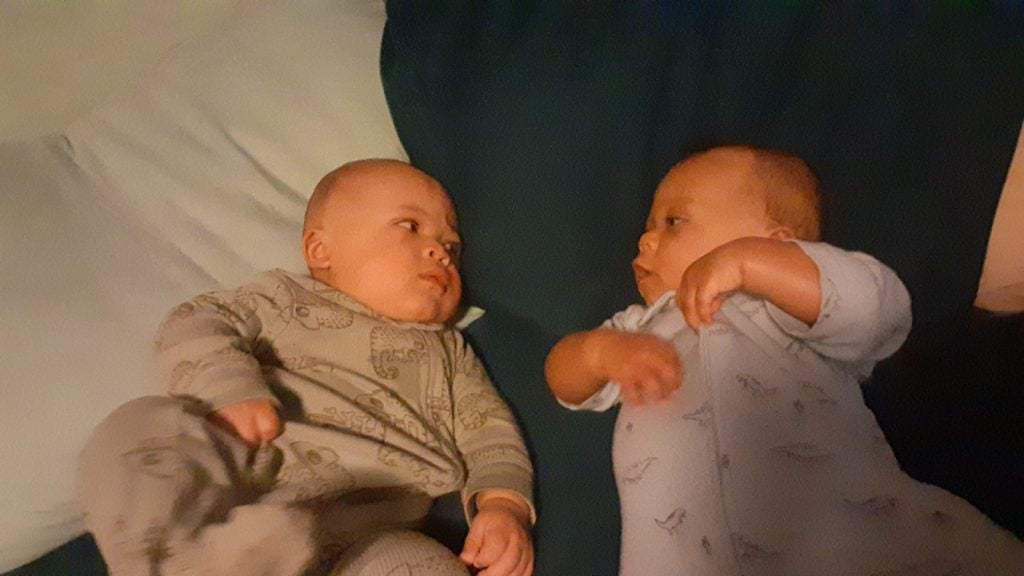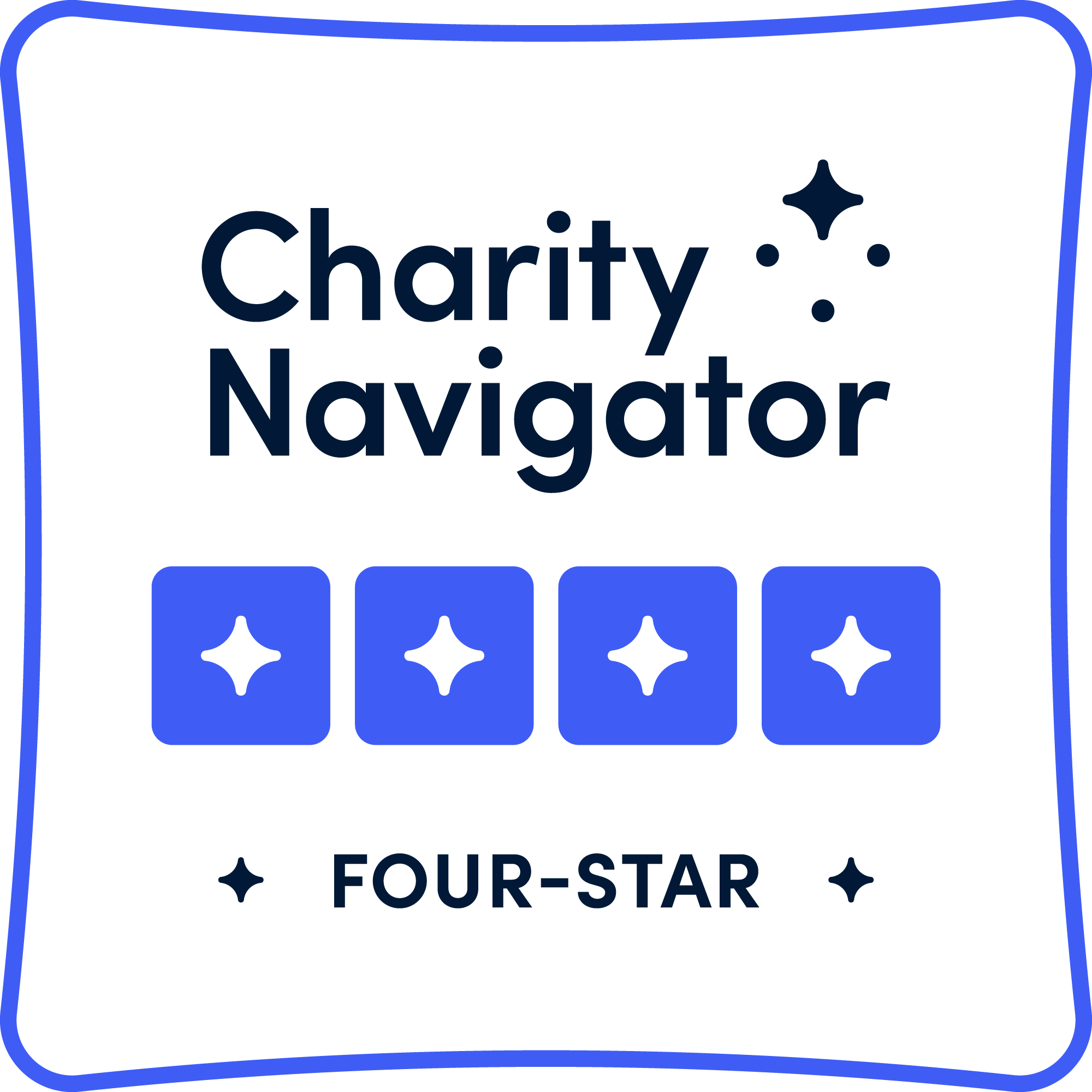Overcoming Infertility: Dominique Young’s Journey and VIVA’s Support for Veterans
Veterans who served in Operation Enduring Freedom and Operation Iraqi Freedom experience rates of infertility of 16-18%, compared to the national average of 12-14%. Infertility refers to the inability to conceive with a partner after attempting for a period exceeding 12 months. Service-connected injuries are one of the defining factors for active-duty service members’ and veterans’ infertility support. Navigating veterans’ infertility treatment can be emotionally, physically, and financially taxing.
The Bob Woodruff Foundation’s VIVA program provides guidance and financial support to veterans wishing to start or expand their families but may not qualify for Veterans Affairs funding. Here, we’ll share the stories of VIVA families.
Dominique Young always wanted to be a mother, but a soldier’s life is hard on the body. Despite having a disability rating for infertility, the military has specific qualifications for financial assistance, including being married, which Young is not.
“I ended up doing my very first [fertility] cycle with [one clinic] and depleting most of my savings in order to do that first cycle,” remembers Young, a US Marine Corps veteran and Veterans in Vitro InitiAtive (VIVA) grant recipient.
At 26 years old, Young would typically be categorized as prime childbearing age, but her first pregnancy was stillborn, and she had difficulties with her first IVF cycle. Not only were there physical limitations, but the process was also getting expensive. While the VA covered her hormone stimulation medication, the IVF procedure was not. So, she went on the hunt for grants.
VIVA offers financial help for assisted reproductive technologies, including in vitro fertilization (IVF), recognizing the need to support these veterans. Through partnerships with leading medical institutions, the program offers comprehensive fertility services tailored to the unique needs of wounded veterans.
The cost of fertility treatments can be substantial, and insurance coverage varies widely, too often excluding IVF and related services. VIVA aims to remove the financial barriers preventing veterans from accessing infertility treatment.
A Difficulty, Emotional Process
In 2019, Young found VIVA and began another treatment cycle after her grant application was approved. She was more optimistic with a few more tests and the experience of her previous cycles. VIVA helped Young along the way with paperwork and emotional support.
But, unfortunately, her second treatment failed, too. According to the Society for Assisted Reproductive Technology (SART), this is not uncommon. A 2019 study found that 43.7% of women under 35 had a live birth after a second embryo transfer.
“I was tapped out emotionally, mentally, and physically,” Young says. “And, you know, financially, this is really hard. I was done. It was a really taxing, very emotional journey.”
VIVA Program Administrator Ann Philopena explained that if Young ever wanted to try again, a second grant was possible.
A few years later, a friend offered to be a sperm donor, and Young started thinking. She had three life goals: to become a mom and a veterinarian technician, and to own a home. Young bought her house in 2016 and became a certified vet tech, but one thing was still missing. So, she visited her fertility specialist.
Young says she had become “a bit of a health nut” in the time that passed between IVF cycles and was ready for this next cycle. She had been working out regularly, eating well, and feeling mentally better, too.
“I’ll try one more time. I’ll go in with no expectations. So, if it fails, it doesn’t completely derail me,” she told herself. “Instead of having those expectations, just simply say that I tried everything. I’ve exhausted all of my options.”
With this new outlook, she became more relaxed and ready for what would come next.
Veterans’ Infertility Support
For someone who experienced a stillbirth, Young understands that it’s one thing to get pregnant and another to stay pregnant. The doctors implanted two embryos to maximize her chances of a viable pregnancy. During a checkup, the doctors zoomed in on the ultrasound and announced the good news: Congratulations, you have twins.

“It was really overwhelming. I would love to be like, ‘Oh, it was so sweet and blissful!’ — I was terrified,” Young laughs.
But even while managing her expectations, the timeline of her pregnancy felt poetic. Young found out she was pregnant on the anniversary of her older sister’s death and, later that year, would learn the babies’ genders on her sister’s birthday. With a due date set for Christmas, Young knew her family would be with her for every milestone – no matter what.
Young let everything else in her life come to a complete stop during her first two IVF rounds. This time, she was determined to live her life and had the help she needed to focus on what was important.
“I truly think that just not stressing out and having this support system… I wouldn’t have been able to do it. And not just the financial portion, because that was unbelievably helpful as well. But every turn, Ann [would ask], ‘How are you doing?’ ‘How are things going?’ ‘What did [the doctors] say about this?’ I’m glad that I found her.”

Every pregnancy comes with risks, and with Young’s history, she was extra vigilant. She visited her doctor every week, listening for the babies’ heartbeats with each scan. Young would not get to relax because the twins were born prematurely at 27 weeks and spent three months in the neonatal intensive care unit (NICU). Young couldn’t hold them; she could only change diapers and place a hand on them.
“That was really rough,” explains Young. “But they’re home and going to be eight months at the end of [May]. There are times when I still look at both, and I can’t believe they’re here. You’re here. You’re alive. You’re thriving.”
With generous support from EMD Serono, VIVA connects veterans experiencing infertility with the resources and financial support they need to start or expand their families.










